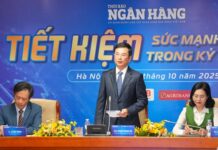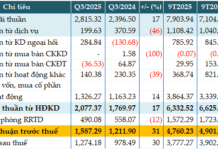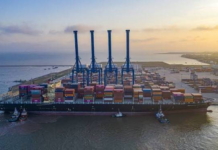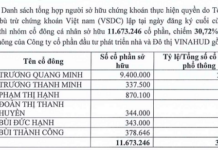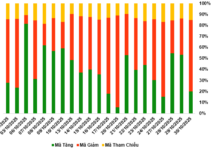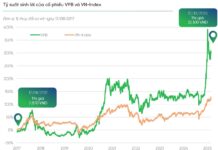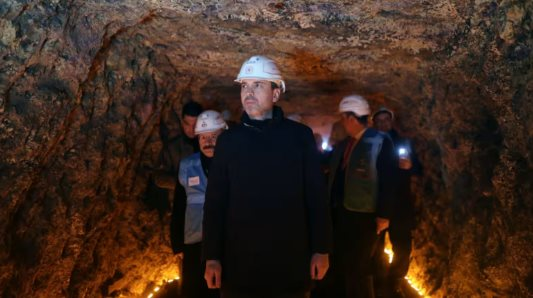
Illustrative Image
Turkey is emerging as a new player in the global race for rare earth elements, following the announcement of a discovery estimated at 12.5 million tons of rare earth oxides in Beylikova, Eskişehir province, in the country’s northwest. If verified, this could become the world’s third-largest rare earth deposit, trailing only China and Brazil, according to data from the United States Geological Survey (USGS).
President Recep Tayyip Erdoğan has stated that Turkey aims to become one of the top five global producers of rare earth elements. The government is actively seeking foreign technology partners to develop the Beylikova mine, amid intense competition between China and the U.S. to control the supply chain of these strategic minerals.
Minister of Energy and Natural Resources Alparslan Bayraktar revealed that Turkey is in negotiations with China, the U.S., Europe, Canada, and Australia to identify suitable technology providers. However, he emphasized that Ankara will only collaborate if partners agree to technology transfer and local production conditions.
Surveys from 310 sites in Beylikova indicate a total ore reserve of 694 million tons, with a valuable mineral content of approximately 1.75%—a level considered economically viable.
Identified minerals include cerium, lanthanum, neodymium, praseodymium oxides, along with fluorite, barite, and thorium. Notably, neodymium and praseodymium are essential for producing permanent magnets, widely used in electric vehicles, wind turbines, and electronics.
Yalcin Aydin, Chairman and CEO of Eti Maden, the state-owned mining company, announced that the firm has submitted its reserve data to the Australian Joint Ore Reserves Committee (JORC) for certification. JORC certification is an international standard that enhances investor confidence and facilitates project funding.
Turkey inaugurated a pilot plant in Beylikova in 2023, with a processing capacity of 1,200 tons of ore annually, achieving over 90% refinement. Eti Maden plans to initiate the design of an industrial-scale plant in 2026, targeting the production of 10,000 tons of rare earth oxides per year from 570,000 tons of input ore.
“Turkey will continue to develop its rare earth industry, regardless of foreign involvement,” Minister Bayraktar asserted.
According to Willis Thomas, an expert at the UK-based consultancy CRU Group, if the 12.5 million-ton reserve is confirmed, the Beylikova mine could increase non-Chinese rare earth reserves by 17%, significantly boosting the supply chain for electric vehicles and renewable energy in Europe.
While China dominates the production of certain strategic rare earth elements, its recent export restrictions have further destabilized the global supply chain. Turkey’s deeper involvement in this sector could diversify supply sources and reduce dependence on China.
Ankara has also joined the Western-led Mineral Security Partnership, aimed at attracting investment and technology cooperation for the development of critical minerals, including rare earths.
If confirmed, the Beylikova discovery would not only solidify Turkey’s strategic position in the global mineral landscape but also serve as a new economic lever for the nation bridging Asia and Europe.
Source: Nikkei
Vietnam-US: New Reciprocal Tax Agreement ‘Opens Doors’ for Key Export Industries
The alignment of the reciprocal trade agreement framework between Vietnam and the United States signifies a pivotal shift toward a more balanced bilateral economic relationship. This milestone not only unlocks opportunities for Vietnamese goods to leverage tariff advantages but also paves the way for expanded market share in the U.S.
What Do Experts Say About the U.S.-Vietnam Trade Agreement Framework?
Forging a trade agreement framework with the United States marks a pivotal stride in mitigating initial tax risks while solidifying Vietnam’s integral position within the global supply chain.






